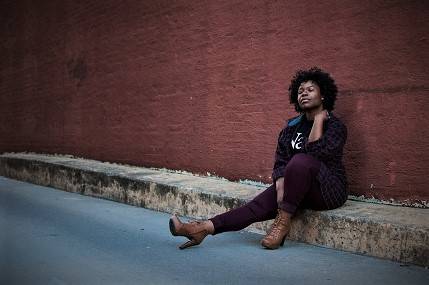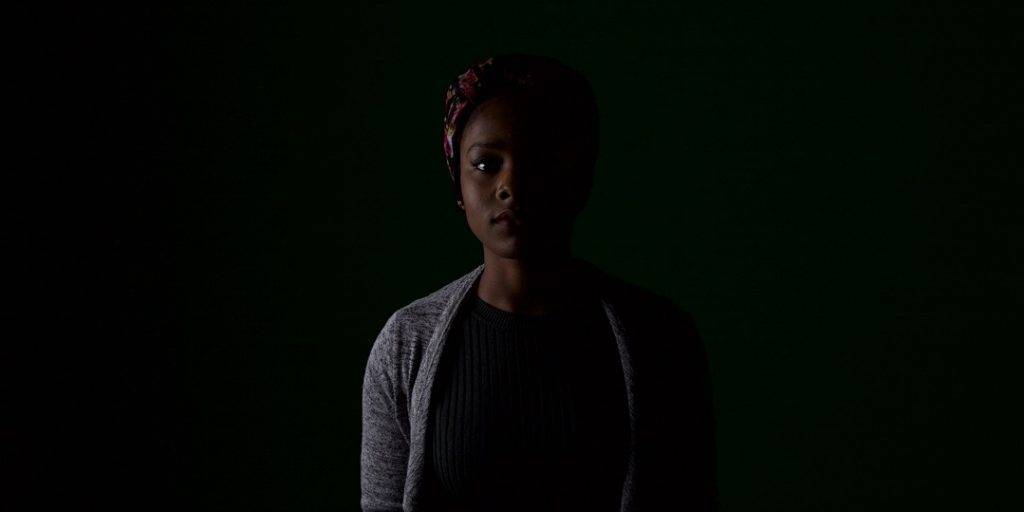When we talk about loneliness, often people will conjure up an image of an older person who may have had ill health or whose mobility stops them from ‘socialising’ and spending time with people away from their home, and those same people will often struggle to understand how a young person who can physically ‘get out and about’ or who shares a home with their family or who goes to work everyday can be feeling ‘lonely’, however, there is more to the feeling of loneliness than the amount of people physically around you and maybe you are not even sure that is how you are feeling, given that the feeling of being lonely can often come about as you start to deal with the grief of losing your partner or breakdown of your relationship.

As a nation we still struggle to handle loss in an effective way. We often feel like we can’t talk about how we feel and how it is really affecting us, we don’t want to make people feel uncomfortable by displaying our true emotions. We want to present ourselves as ‘doing ok’ when inside we are not! We may feel like no one else really understands what we are going through, so no-one can really help anyway. Then as time passes we may start to feel like we ‘should be over it’ and it is too late to ask for help as ‘we have been doing so well’ and then you realise that in dealing with the days and months following your loss a new feeling has crept in, one of loneliness.
Maybe you have kept yourself to yourself during those early days to help you process your feelings and now you feel you can’t reach out to those closest to you. Perhaps you have been so busy organising and sorting all those practical things that need to be arranged and now your new normal has started, everything just feels odd and you aren’t quite sure how to operate in this new different stage in your life that you didn’t ask for and that no one else can understand how you feel, what you are going through and how difficult things are and the thought of trying to explain that to anyone new can feel exhausting and frankly overwhelming…and suddenly you are stuck in a cycle.
You life has changed, you have changed, and that is ok, and it is also ok if you suddenly feel disconnected from your family and oldest friends at this point in your life. But that is where communities like ours can help.
Connecting with people who are in similar situations or spending time with those who have had comparable experiences can often be the way into embracing this next phase of your life.
There are lots of local help groups and Facebook Groups, online forums and one-to-one mentors that can help and don’t be afraid to contact your GP or local branch of Mind if you feel like you need more of a professional approach to dealing with your loss. They are there to help and point you in the right direction.
Maybe you are ready to be around people who don’t even know your story. Aren’t aware of what has happened and that is fine too! Why not revisit activities that have made you happy in the past or try something that you have always fancied having a go at.

Join a college workshop and learn a new skill, try a new exercise class, volunteer in your local community, learn to dance, play the trumpet, make a dress…whatever it is, just get involved, meet new people and make positive steps towards your own future.
Studies have shown that spending time with people can have a hugely positive impact on your mental health yet cruelly it is often the times when we feel least like ‘being social’ is the time we need it most, but be brave and start with one thing at a time.
Your future self will thank you for taking the first steps.
